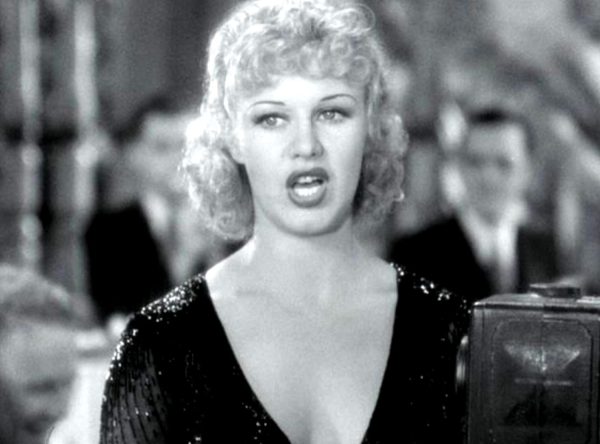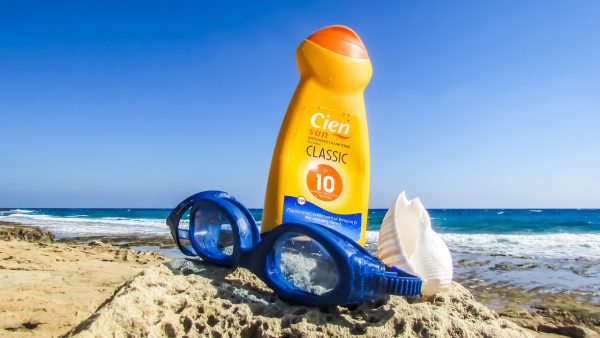15 year old Russian figure skater tests positive for banned medication at Olympics
February 28, 2022
Kamila Valieva, the 15-year-old first-time Russian Olympic figure skater came into the 2022 Beijing games as a clear favorite in the women’s singles event. However, after Valieva carried Russia to win gold in the figure skating team event, her drug test displayed positive results for a banned heart medication, trimetazidine.
According to USA Today, Kamila Valieva claimed that the banned substance entered her system through an accidental ingestion of her grandfathers’ heart medication. According to CBS Sports, many Team USA athletes said that they were not sure that they bought Valieva’s excuse.
Former Olympic Figure Skater Johnny Weir said that this situation is “a slap in the face to the Olympic Games, to the sport, and to every athlete that’s ever competed at the Olympics clean,” as stated by CBS Sports.
After the positive result was received, the Russian Anti-Doping Agency (RUSADA) suspended Valieva from participating in any further 2022 Olympic events. A day later, the agency canceled the suspension and cleared her to participate in her events on February 15th.
This caused extreme controversy and complaints from the IOC (International Olympic Committee), World Anti-Doping Agency (WADA) and International Skating Union (ISU). These complaints led to a hearing in the CAS (Court Arbitration for Sport). The IOC, WADA, and ISU all challenged the decision made by RUSADA, but the CAS panel of arbitrators cleared her to continue skating in the games.
The IOC (International Olympic Committee) quickly responded to the decision from the CAS by saying that if Valieva placed in the top three, she would not be honored with a traditional medal ceremony until a full investigation was conducted into her doping allegations.
On February 15th, Valieva posted the best score in the individual women’s short program, which qualified her for the long program free skating competition on February 17th.
Later that same day, it was revealed that Valieva’s drug test included two additional heart medications, Hypoxen and L-carnitine. Those two medications are not banned from use at the Olympics, but it did raise suspicion about Valieva’s previous excuse. Supposedly, she listed the two above medications on a doping control form.
United States Anti-Doping Agency chief executive Travis Tygart said that the “trifecta of substances Valieva took seem to be aimed at increasing endurance, reducing fatigue, and promoting greater efficiency in using oxygen.”
Although she came into the long program free skate as the hot favorite, Valieva fell multiple times and placed fourth after what USA Today called a “disastrous performance.” Valieva’s coach, along with the crowd, were both shocked by the score the 15-year-old posted given how well she had been doing earlier in the games. Valieva choked back tears at the Kiss & Cry while receiving backlash from her coach, Eteri Tutberidze.
Given the extreme amount of controversy at the Beijing games over Valieva, one of the youngest athletes to have a positive drug test revealed at the Olympics, a debate has started over raising the age limit for figure skating.







